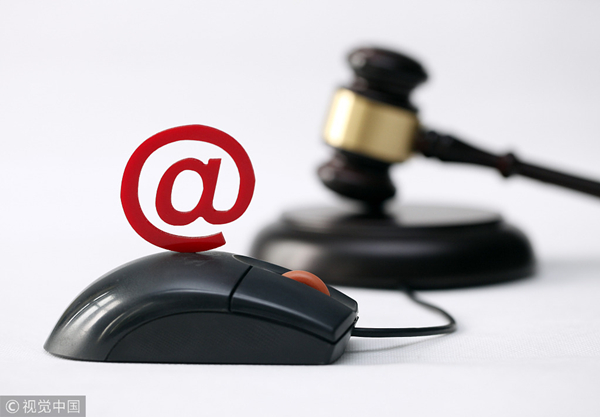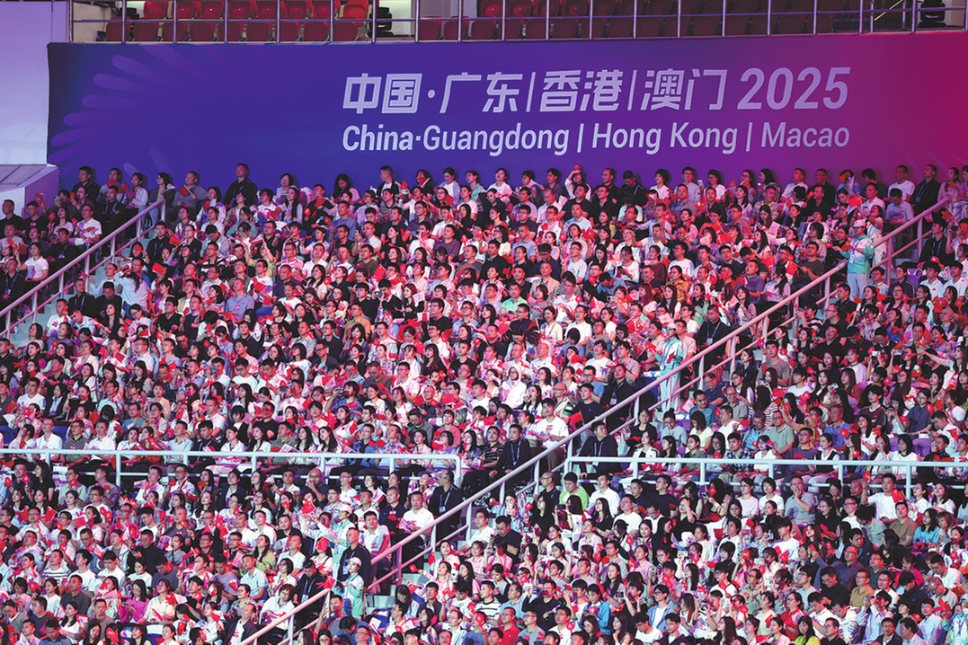EU moves closer to upgrading copyright law for digital age
By Julian Shea in London | China Daily Global | Updated: 2019-02-12 01:04

Proposals aim to protect and reward content creators
The European Union has moved a step closer to updating its two decade-old copyright laws to cover online publishing and platforms after a starting point was agreed for talks taking place between lawmakers this week.
The proposals aim to provide more protection for content creators, and put greater responsibility on sharing platforms to respect copyright and ensure fairer pay for the creators.
Talks had previously been delayed by disagreements over whether the same rules should apply to small companies as well as major players such as Google, and the draft agreement has yet to gain the backing of several EU member states including Poland, Italy and Sweden. But the EU's digital chief Andrus Ansip tweeted that he hoped a deal could be reached soon.
"Glad to see EU countries once again finding a common voice on copyright reform ... I hope for a final agreement next week. Europeans deserve copyright rules fit for digital age: it is good for creators, platforms and for regular internet users,"he wrote.
Under the proposal, companies such as Google and Microsoft Corp would be forced to pay publishers for displaying small news items. This, and the clause relating to online platforms such as YouTube and Instagram needing to install filters to prevent the unauthorized uploading of copyrighted materials, have proved the most divisive.
German MEP Julia Reda, of the Pirate Party, is unhappy with the compromise on small companies agreed by Germany and France, which said that platforms with fewer than 5 million users annually should not be forced to filter their content. She said she hoped public pressure would encourage lawmakers to reject the deal.
"That French-German deal is actually more extreme than previous versions, requiring all platforms older than three years to automatically censor all their users' uploads, and putting unreasonable burdens even on the newest companies," she said.
A joint statement issued on behalf of lobbying groups including the European Magazine Media Association and the European Newspaper Publishers' Association, the European Publishers Council and News Media Europe welcomed the agreement, but said more could still be done.
"It would still lead to substantial legal uncertainty for press publishers as it does not protect with sufficient clarity the use of press content by news aggregators and search engines, which is the whole purpose of a right," it read.
Proposals to update these rules were initiated two years ago by the European Commission, saying it would introduce more fairness between big online companies and publishers, broadcasters and artists, and would protect Europe's cultural heritage.
Contact the writer at Julian@mail.chinadailyuk.com
























